If you have watched an earthquake on the TV or probably experienced one, you would have seen its effects. Countless people die, survivors lose their homes and relatives, many suffer injuries, psychological trauma, economic damage, environmental damage, Ground shaking, buildings collapsing, cities destroying, water bodies flowing unnaturally; the effects of earthquakes are very devastating but how do earthquakes affect humans.
Earthquakes like other hazards of nature are unpredictable and are one of the most devastating among all-natural disasters. A disturbing yet inevitable fact for humans is that none of the measurement scales, science, or equipment is able to predict the exact way and time of this great disaster.
They are the most expensive natural hazards faced by humans. A strong earthquake at the wrong time in the wrong place can result in the loss of millions of human lives and great financial damage. Earthquakes leaves permanent scars on people’s life.
Over the years, a lot of earthquakes had happened all over the world and led to a devastating effect in the cities where it occurred. Earthquakes can have a huge impact on people. Their life turns upside down in just a few moments.
Below is a picture of an earthquake that occurred in 2011 at Tohoku. It claimed the lives of over 17900 people and rendered over 50,000 people homeless.
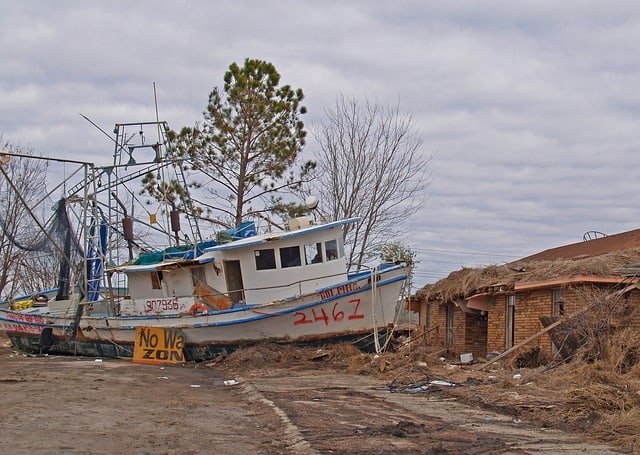
But what is an earthquake?
An earthquake is the immense shaking of the surface of the earth. It comes from the release of energy in the earth’s lithosphere that generates seismic waves suddenly. It can either be weak (not felt) or very strong (this destroys cities and tosses people around).
Generally, an earthquake is defined as any seismic event (whether natural or caused by humans) that creates seismic waves. Earthquakes occur naturally on the surface of the earth when the plates located below the earth’s crust start moving. The movement produces vibrations that arise at the epicenter of the earth and thereby causes maximum destruction to cities.
Also, events such as rupture of geological faults (the major cause of earthquakes), volcanic activity, nuclear tests, mine blasts, and landslides are also causes. The earthquake can also produce tsunamis that destroy everything in their path at the sea.
Check out this video of a powerful earthquake that occurred in Southern Mexico in 1985:
Earthquakes are unpredictable so people have no time to take precautions. This increases the damage even further to humans and the environment.
How do Earthquakes affect humans
Earthquakes affect humans in 7 ways, they are Loss of life, Social Impact, Burden due to Injuries, Psychological Trauma, Economic damage, Environmental Damage. Let’s discuss each one in detail.
1) Loss of Lives
Loss of human lives remains the major consequences of earthquakes. The seismic waves generated from earthquakes cause the ground to shake, this then results in the shaking of buildings and homes.
In turn, items begin to fall, roofs and walls follow, and then the whole structure collapses. The collapse of these structures which are made from heavy material causes a great number of deaths.
Likewise, soil liquefaction might occur and thereby causing the buildings to sink into the ground. Liquefaction is the mixing of the water underground (groundwater) and sand or soil during the shaking of an earthquake.
This causes the ground to become very soft (a mixture of the soil and water). When this occurs under a building, it might lean, tip over, and sink several feet in the ground.
Immediately after the earthquake, people living in such buildings suffer a lot of injuries to various parts of the body. This happens due to the falling of the buildings’ rubble, glass windows, furniture, concrete, cement, e.t.c. on the trapped men. Later, death occurs due to internal and external bleeding, grievous injuries, and asphyxiation.
Furthermore, earthquakes, together with severe storms, coastal wave attacks, wildfires, and volcanic activity can create slope instability which leads to landslides. This occurs mainly in areas with steep slopes. Landslides flatten and destroy houses resulting in added loss of life.
Statistics about the loss of lives during an earthquake
In Japan, the Great Kanto earthquake erupted a fire that killed more than 92,000 people. In 2004, the tsunamis unleashed by the Indian Ocean earthquake killed a total of 227,300 people in Indonesia, Thailand, India, and Sri Lanka.
The Tohoku earthquake in 2011 created great tsunami waves that destroyed the communities and killed about 18,000 people. This devastating disaster kills thousands and thousands of people yearly.
Since 1900, over 2.3 million people have died in 2,233 earthquakes. The chart below shows the earthquakes with the highest death toll since then.
Source: Statistics
Furthermore, earthquakes can also cause fires by destroying the gas lines or electrical power. When this occurs, it is difficult to stop the spread of the fire and this, in turn, leads to extensive damage and loss of life.
For instance, the fire caused by an earthquake caused thousands of deaths in the San Francisco earthquake in 1906.
2) Social impacts
The social impact on humans is one of the main effects of earthquakes. A strong earthquake destroys factories, buildings, shops, bridges, schools, and roads, these render thousands of people homeless and a lot of children became orphans.
The Haiti earthquake in 2010 which claimed more than 200,000 people’s lives and a lot of people injured, made over 1.5 million people homeless. Even after 6 years, there were still about 60,000 people homeless.
In Italy recently, where close to 300 lost their lives, more than 60,000 became homeless.
In Japan, over 500.000 people became homeless after the devastating disaster.
Homelessness, therefore, creates divisions within the society as a “them versus us” mentality develops and people affected often suffer from stigma, shame, and isolation.
It takes decades to solve the homelessness and poverty caused by earthquakes in mere minutes.
Also, conflicts over the use of community and public spaces increase when there are a lot of people without access to their own “private” space. These conflicts can also bring about deeply rooted issues connected to negative opinions about people of society who are vulnerable, poor, or marginalized.
Moreover, those who survived the attack start to live in crowded shelter places with minimal or no sanitary facilities. These cause a break out of communicable water-borne diseases like dysentery, cholera, protozoa infections, e.t.c
Furthermore, according to a study of homeless people as a result of an earthquake:
77 percent chance that they may be sleeping rough.
53 percent chance that they may become a street drinker.
32 percent chance that they may become a beggar.
10 percent chance that they may be a prostitute.
3) Injuries
In addition to the loss of life, earthquakes cause a lot of traumatic injuries to humans. These results from flying glass, falling objects, and collapsing walls caused by the earthquake. Some of these earthquake-related injuries are always complex and of different patterns.
And If not managed correctly, they lead to long-term disability and functional impairment (due to irreparable damage to the eyes, limbs ears, e.t.c.). Examples of such injuries include fractures that develop complications such as alignment problems or infection, spinal cord injuries, and crush injuries of extremities needing amputation.
Also, damage to buildings, elevators, structural elements, fire protection systems, and stairs, caused by the shaking from a strong earthquake can play a vital part in the spread of fire and hinder the ability of residents to evacuate. This is a serious problem that can result in injuries such as burns.
4) Mental effect/Psychological effect
Earthquakes can also affect humans mentally or psychologically. What must it be like to see your family or friends trapped inside a collapsed building or missing, assumed dead, or your home getting destroyed?
I have met people who have not been able to restore balance in their everyday lives; because anytime the earth twitches, they panic. Any little noise, they run for cover.
Some are so traumatized that a well-meaning, but an unexpected touch from a friend can cause them to scream out in fright. Their body is always on high alert for another threat to their safety and this makes them feel jumpy.
Also, some of them who are directly involved in the incident will show lots of psychological symptoms that look like Post-Traumatic Stress Disorder (PTSD) such as intense fear, nightmares, and flashbacks, or they continuously experience the event in their head.
Besides, it is common for survivors to show signs of depression and/or anxiety.
In addition, Search and Rescue teams who look out for survivors in the collapsed buildings can also be affected. Yes, this is their job, but it must be terrible to find different dead bodies when searching for survivors.
5) Economic Impacts
Apart from social and mental effects, earthquakes can affect humans economically. Governments have to take care of the damage caused by this great disaster.
As we all know that earthquakes cause infrastructures to collapse, shops, reservoirs dams, and hospitals are destroyed during the incident. Governments have to spend a huge amount of money to rebuild the places destroyed.
Moreover, this natural disaster causes the spending of the funds to distribute medicine and food to victims. And, Stock Markets are disrupted causing the market crash or recession.
Furthermore, those who have investments in that particular area may decide to leave. And if this happens, it will result in unemployment and cause loss of job opportunities. It will also reduce the country’s income and causes an unstable economy.
6) Environmental effects
An Earthquake also affects the human environment. Damage to the environment during an earthquake causes the destruction of properties and loss of lives more than the actual earthquake.
Landslides that occur during an earthquake can cause huge clouds of dust that can lead to infection with fungus’s spores “Coccidioides Immitis”. This is a very deadly disease called coccidioidomycosis or Valley Fever.
Broken water pipes caused by this natural disaster can rupture gas, flood lands, break fuel, and electrical lines which can lead to a fire. Also, the hazardous material spilled introduces radioactive, medical, sewage, and poisonous material into the water, air, and earth.
Aftershocks of this natural hazard can cause new tsunamis to form and hit the land before communities have time to recover from the original damage. And when a lot of tsunamis hit the seaside area, it can cause great erosion, thereby demolishing buildings in its way.
Due to this hazard, electricity, sanitation systems, and water of any place is destroyed and the extent of the damage makes the early renovation of these amenities very hard because rescuing people trapped in the rubble is the main concern of the government and rescue teams.
Therefore the affected people face the difficulty of sanitation, hygiene, and power. Potable and clean drinking water becomes a problem. Earthquakes do not only leave permanent marks in the environment but also affect human lives.
Conclusion
In conclusion, the world has experienced numerous earthquakes in years. Chile, Haiti, Japan, New Zealand, etc are places where earthquakes have occurred. And they all resulted in high destruction on people and peoples life (physically, economically, environmentally, and socially).
Humans in such affected places are in the greatest shock of lives and they require outside support. Therefore, help in the form of temporary shelter, food, safe drinking water, and different types of medicines are necessary.
At the same time, the psychological handling of survivors and the disposal of dead bodies become the society’s responsibility. Also, the community needs to look after the survivors that have no one to care for them.
On a long-term basis, helping the affected community and rehabilitation becomes difficult as the incident leaves a permanent imprint on victims. Their social growth, acceptance, and education become a problem that has to be handled by the whole country.
In addition, the earthquake does not only affect those who are direct victims, but it also affects the whole world and several of them come to help; assist in search operations and help in other jobs.
Taking into account the effect of earthquakes on humans (both immediate and later), one can understand the huge task involved in taking care of humans after this disaster.
Many national and international agencies also assist during this period but their contribution is not up to the required level.

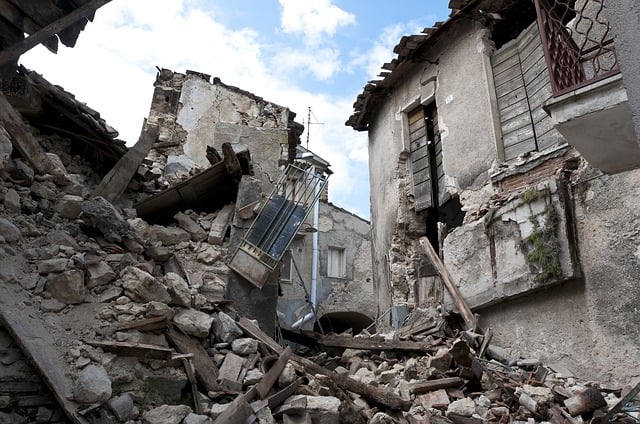
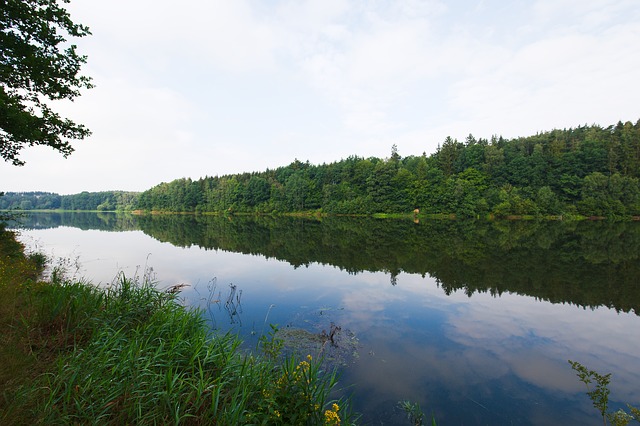
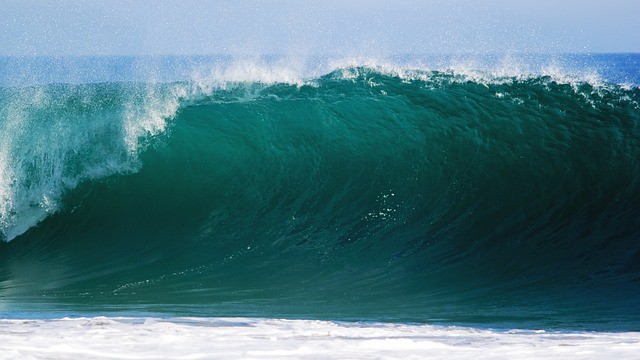
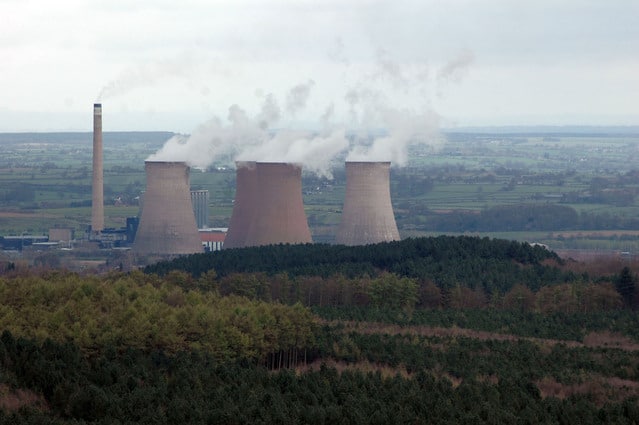
Very useful content.